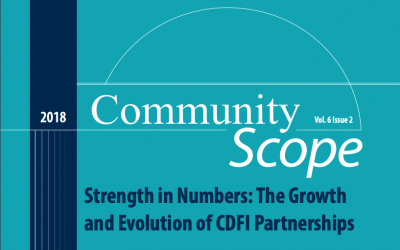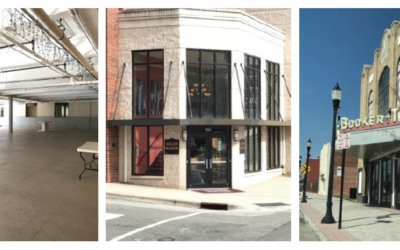Demographically Targeted Approaches to Community Economic Development in North Carolina
This Kenan Institute insight explores two major challenges in North Carolina’s rapid growth during the first 15 months of the pandemic.
Kenan-Flagler Business School UNC-Chapel Hill
September, 2022
Home | Publications | Demographically Targeted Approaches to Community Economic Development in North Carolina
INTRODUCTION
Post-2020 Census population estimates indicate that North Carolina grew more rapidly than the nation and 41 other states during the first 15 months of the pandemic (U.S. Census Bureau, Population Division, 2021). North Carolina was the nation’s fourth most attractive migration destination behind Florida, Texas, and Arizona, receiving an average of 253 net newcomers each day between April 1, 2020, and July 1, 2021. Some of the newcomers arrived from California and New York, which lost on average 923 and 861 residents per day, respectively, during the first 15 months of the pandemic.
However, North Carolina’s pandemic-induced population growth was highly concentrated within the state. As Figure 2 shows, 26 mainly metropolitan and amenity rich counties captured 88 percent of the net growth (111,774), creating two major challenges…
To continue reading this Kenan Institute Insight, click here.
About the Authors
James H. Johnson, Jr. is the William Rand Kenan, Jr. Distinguished Professor of Strategy and Entrepreneurship in the Kenan-Flagler Business School and Director of the Urban Investment Strategies Center in the Frank Hawkins Kenan Institute of Private Enterprise at UNC-Chapel Hill.
Jeanne Milliken Bonds is a Professor of the Practice, Impact Investment and Sustainable Finance in the Kenan-Flagler Business School and the Department of Public Policy at UNC-Chapel Hill.
The Kenan Institute serves as a national center for scholarly research, joint exploration of issues, and course development with the principal theme of preservation, encouragement, and understanding of private enterprise.
Related Articles
South Carolina Community Capital Alliance Case Study
South Carolina Community Capital Alliance Case StudyA case study from the Federal Reserve Bank of RichmondArticle by Jeanne Milliken Bonds, MPACommunity Scope 2018 Issue 2Federal Reserve Bank of Richmond2018 c Home | Publications | South Carolina...
Community Finance in East Baltimore: a Study of Phase One Redevelopment and Financing
Community Finance in East Baltimore: a Study of Phase One Redevelopment and FinancingThis issue of Community Practice Papers focuses on partner organizations in East Baltimore and community development tools to address a neighborhood challenged by...
Community Development Corporations: Diverse Practices Across North and South Carolina
Community Development Corporations: Diverse Practices Across North and South Carolina This issue of Community Practice Papers explores examples of sustained and emerging business models from rural and urban Community Development Corporations across the Carolinas....




